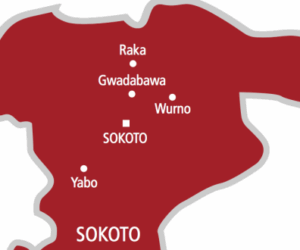The Federal Government has cancelled the national language policy that made the use of indigenous languages compulsory in Nigerian schools, declaring English as the official medium of instruction across all levels of education.
The policy, approved in 2022 as the National Language Policy, had mandated that pupils from Early Childhood Education to Primary Six be taught in their mother tongue or the language of their immediate community.
However, in a major policy reversal, the Minister of Education, Dr. Tunji Alausa, announced the cancellation on Wednesday during the 2025 Language in Education International Conference organised by the British Council in Abuja.
According to him, evidence showed that students in regions that adopted the mother-tongue instruction recorded poorer academic performance in national examinations such as WAEC, NECO, and JAMB.
“We have seen a mass failure rate in WAEC, NECO, and JAMB in certain geo-political zones of the country, and those are the ones that adopted the mother tongue in an oversubscribed manner,” Alausa said.
He further noted that the use of indigenous languages as a primary teaching method had adversely affected education outcomes in some parts of the country.
“Using the mother tongue language in Nigeria for the past 15 years has literally destroyed education in certain regions. We have to talk about evidence, not emotions,” the minister added.
With this new directive, English Language will now serve as the sole language of instruction from primary to tertiary levels across Nigeria.








